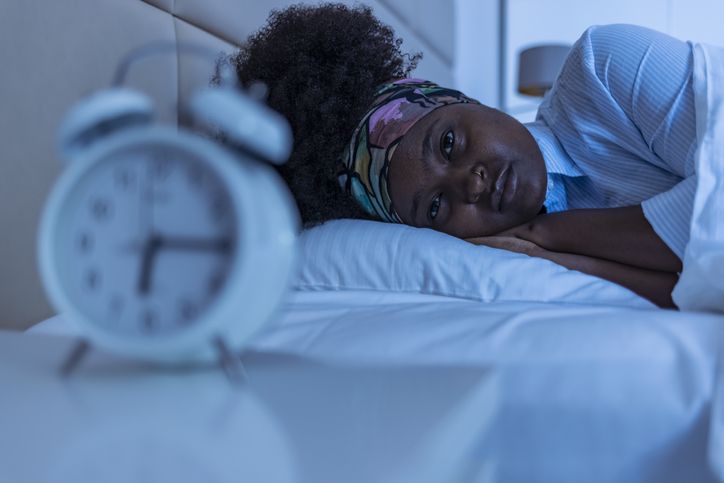Sleep Care
Want to learn more about this at Kettering Health?
Daylight saving time begins March 13, and the one hour of lost sleep may prompt many to turn to over-the-counter sleep aids to adjust. According to the Journal of the American Medical Association, by 2018 people were taking more than twice the amount of melatonin they took a decade earlier.
But Dr. Kevin Carter, director of sleep medicine, urges people to try non-medicated practices to improve sleep—this weekend and for the long term.
“Avoid being reactive to the upcoming one-hour sleep loss,” Dr. Carter says. “Instead, be proactive to lessen the impact of the time change.”
Dr. Carter suggests these tips:
- Gradually adjust your sleep schedule. Going to bed and waking up 15-20 minutes earlier each day helps your body adjust.
- Take precautions to avoid sleep disruption. Plan to be sleepy, and try not to overload your schedule on the Sunday or Monday after the time change. It’s a good idea to avoid long drives on these days, too.
- Practice good sleep hygiene. Your bedtime routine is about more than just brushing your teeth. Shut down devices at least 30 minutes before bed to help your sleep. Maintain a fixed sleep schedule and limit your caffeine consumption in the afternoon and evening.
- Embrace the morning light. Bright light exposure first thing in the morning is helpful to retrain your internal clock.
Take the next step
If you’re having trouble sleeping without sleep aids, talk to your healthcare provider to find the best treatment for you.









